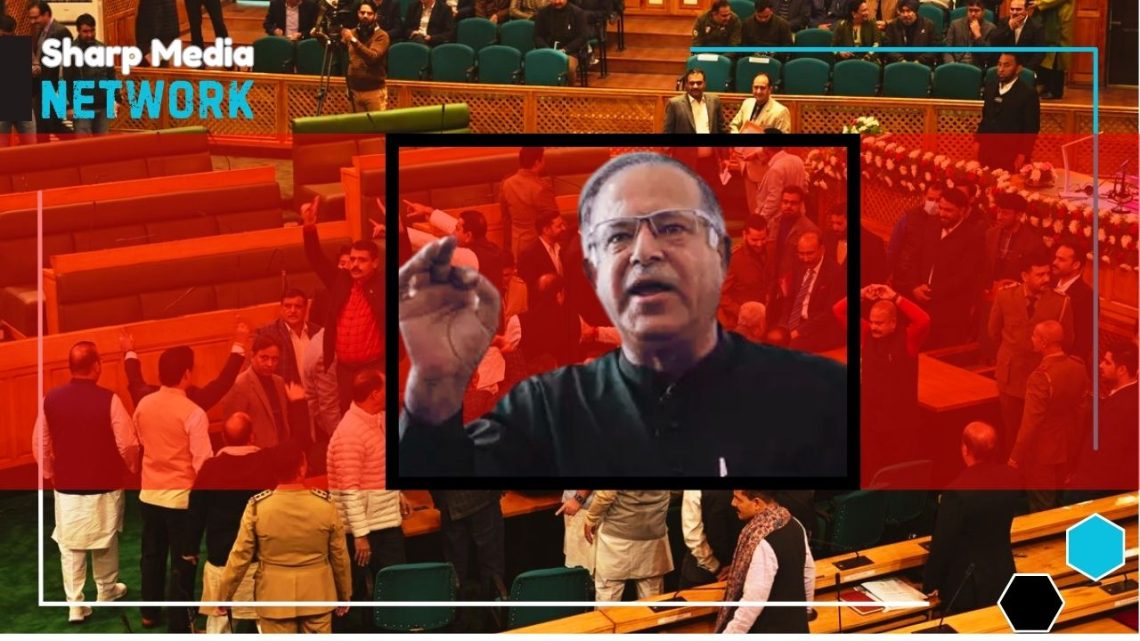
IIOJK Governance in Chaos: India’s Mismanagement Exposed by Congress
November 18, 2024Tariq Hameed Karra, the Congress chief of Indian Illegally Occupied Jammu and Kashmir (IIOJK), has sharply criticized the state of governance in the region, calling it “hazy” and full of confusion. He expressed grave concern over the lack of clarity regarding roles and responsibilities in the newly formed government setup.
In an interview with reporters in Srinagar, Karra outlined the governance crisis that has engulfed the territory, labeling it a “transitional phase” with no end in sight. “Even after a month of government formation, the business rules remain unfinalized, rendering governance ineffective and unclear,” he said. This delay, he argued, is a direct result of New Delhi’s mishandling and its failure to transfer power from the lieutenant governor to the local government.
Karra didn’t hold back in his criticism of the Indian government, holding New Delhi accountable for the continued confusion. The lack of direction, he pointed out, leaves the people of IIOJK trapped in a state of political limbo, unable to make any real progress.
The Congress leader also reiterated his strong support for the resolution passed by the Legislative Assembly, which calls for the restoration of Article 370. He argued that the resolution is grounded in principles, not political maneuvering, and stressed that statehood is crucial to restoring the rights of Kashmiris. Karra emphasized the need for locals to regain control over land, jobs, and natural resources, which have been stripped away following the abrogation of Article 370.
“Restoring statehood is essential for ensuring that laws are enacted in the interests of the people of Jammu and Kashmir,” Karra said. He further criticized the laws imposed post-Article 370, calling them detrimental to the region’s residents. The current legal framework, he argued, does not serve the needs or aspirations of the Kashmiri people, but rather seeks to entrench Indian control over the disputed region.
The situation in IIOJK has become a testament to the Indian government’s poor governance and disregard for the will of the people. The delay in finalizing business rules, the lack of clarity in leadership roles, and the absence of meaningful political autonomy reflect India’s incompetence in managing the region.
Karra’s remarks expose the deep frustration felt by the people of IIOJK, who continue to endure the consequences of New Delhi’s heavy-handed policies. The call for the restoration of statehood and the protection of local rights is not just a political demand; it is a cry for justice and self-determination that the Indian government cannot ignore.

